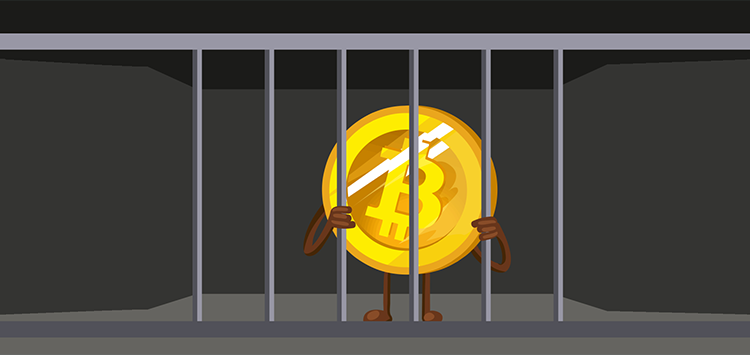After almost two years of enforcing a comprehensive crypto ban on banks engaging with digital currencies, the Central Bank of Nigeria (CBN) finally lifted its restrictions on Nigerian banks facilitating cryptocurrency transactions in the closing days of 2023.
In a circular sent to banks on December 22, 2023, the CBN recognized that the increasing global demand and adoption of crypto make it unjustifiable to maintain the stringent restrictions imposed on financial institutions in 2021.
Recall that in February 2021, at the onset of the last bull run, the Central Bank of Nigeria (CBN) threw a regulatory curveball at the nation’s crypto enthusiasts by imposing a ban on transactions between banks, crypto exchanges and individuals.
The crypto ban sent ripples throughout the crypto market and reshaped the landscape for Nigerian users with many crypto exchanges and companies in the country closing shop, while others had to improvise to stay in business,
Related post:
As CBN lifts ban on crypto transactions, Quidax launches 30 days free deposits & withdrawals
Now in 2024, the ban has been lifted and the development is said to have opened a new chapter for Nigerian crypto users, providing them with the freedom to transact through their bank accounts once again.
What caused the February 2021 CBN restriction on crypto exchanges?
The decision to impose the ban in 2021 stemmed from the Central Bank’s concerns over the potential risks associated with crypto transactions.

Citing issues like money laundering and terrorist financing, the CBN aimed to safeguard the financial system. However, this move was met with mixed reactions, with crypto enthusiasts expressing frustration over what they perceived as a stifling of innovation.
Immediate and after effect of the restriction on the Nigerian crypto market
The ban had an immediate and profound impact on the Nigerian crypto market. Now unable to use their bank accounts for transactions, Nigerian crypto users had to turn to peer-to-peer marketplaces, seeking alternative avenues to buy and sell cryptocurrencies.
However, this development unfolded another level of risk and fraud. Firstly, peer-to-peer marketplaces proved clumsy and cumbersome for many newbies who did not possess the skill and dexterity required to navigate them.
Also, many Nigerian crypto users had to face varying degrees of fraud, scam, extortion and manipulation at the hands of P2P vendors. Peer-to-peer transactions introduced an element of vulnerability, as users had to rely on trust rather than established financial institutions. Scams became a prevalent concern, with stories of users falling victim to fraudulent schemes circulating within the community.
Additionally, the inconvenience of circumventing the crypto ban led to a decline in the ease and speed of transactions on Nigerian crypto exchanges which had to devise smarter ways for users to deposit money into their accounts, thereby hindering the overall user experience.

Nevertheless, the trading volume of the Nigerian crypto market grew in leaps during this period – owing largely to the bull market of 2021 and early 2022 – leading to international analytics platforms like Chainalysis ranking Nigeria as the largest crypto market in Africa and one of the best in the world.
What the December 2023 lift means for the Nigerian crypto user
The lifting of the February 2021 embargo in December 2023 marked a pivotal moment for Nigerian crypto enthusiasts.
Read also:
Safeguarding your savings with USDT: here is all you need to know
The development signals a recognition of the evolving landscape and the need to strike a balance between regulation and innovation. With the barrier removed, Nigerian crypto users can once again seamlessly transact through their bank accounts, bringing a sense of normalcy back to the burgeoning Nigerian crypto market.
Additionally, the removal of the restrictions not only brings relief but also opens up new possibilities for the Nigerian crypto ecosystem.
Users can now enjoy the convenience and security of utilizing their bank accounts for crypto transactions. This accessibility is expected to attract more participants to the crypto market, fostering growth and innovation.

From an economic standpoint, the lifting of the ban is likely to have a positive impact. As the authorities now seem to embrace the technology, more investors and enthusiasts will be eager to play in the industry,
Lastly
The journey from the imposition of the crypto ban in February 2021 to its removal in December 2023 reflects the dynamic nature of the crypto landscape in Nigeria.
As Nigerian crypto enthusiasts embrace this positive change, the nation stands at the threshold of a new era in which innovation and regulation can coexist, fostering a vibrant and secure crypto ecosystem for years to come.